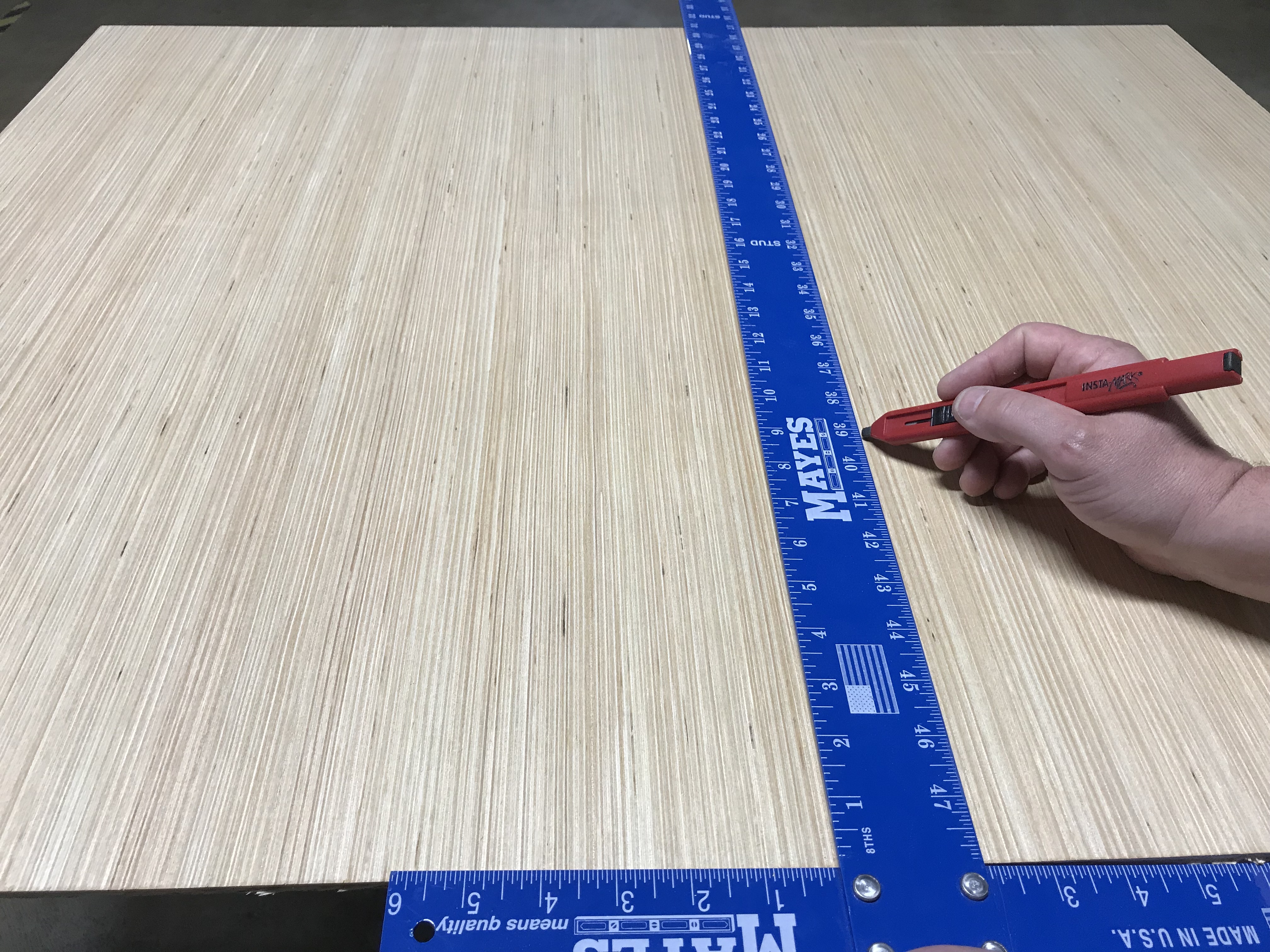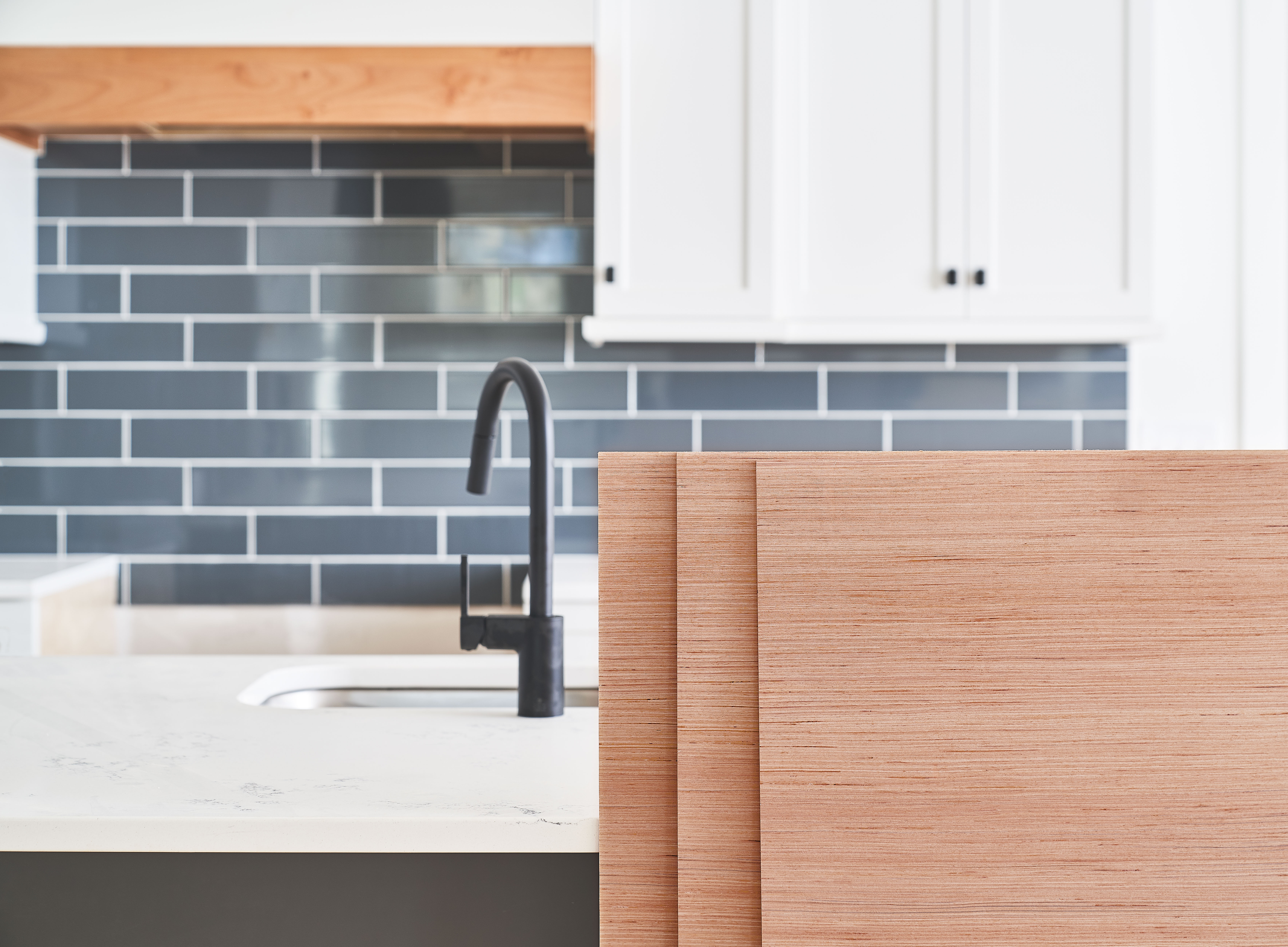Lauan Plywood - The Evolution of RevolutionPly ®
Why one Man's Lauan is Not Another Man's Luan
Patriot Timber Products’ extensive experience supplying Lauan plywood — commonly referred to as Luan — led to the development of RevolutionPly®: a sustainable, long-term alternative engineered to deliver significantly superior quality and performance compared to traditional Luan panels available in the market today.
Understanding Why RevolutionPly® Is the Better Choice
To appreciate the benefits of RevolutionPly®, it’s important to understand what Lauan plywood is and where it originated.
What Is Lauan Plywood?
Lauan (also spelled Luan) plywood is a commercial term commonly used in the United States to describe a 1/8" to 1/4" tropical hardwood plywood often used for flooring underlayment, lamination, paper overlay, furniture, and millwork applications.
Originally manufactured over 50 years ago in Japan, Korea, and Taiwan, Luan plywood was made using tropical hardwood logs sourced from the Philippines, Indonesia, and Malaysia. The primary wood species used—Shorea spp.—is known locally in the Philippines as “Lauan,” and is more commonly referred to in the U.S. as Philippine Mahogany or Meranti plywood.
Get the AnswersTo Your Lauan Plywood Questions Here.
Why Was Lauan So Popular?
Lauan became a staple in Asian hardwood plywood industries due to its wide availability throughout Southeast Asia. The logs were prized for being straight, clean, and dimensionally stable—ideal traits for plywood manufacturing. Its uniform density and coloration ensured consistent, high-quality output. As global demand for hardwood plywood grew, the countries supplying Lauan began building out their own manufacturing capabilities. By the 1990s, Indonesia had become the world’s largest hardwood plywood producer, manufacturing nearly 10 million cubic meters annually—equivalent to approximately 300,000 tractor-trailer loads.
The Environmental Cost and Decline of Lauan Plywood
Unfortunately, the tropical hardwoods used in Lauan plywood were not harvested sustainably. Overexploitation led to severe deforestation and the depletion of key resources. As a result, the Philippine plywood industry nearly disappeared, Indonesia’s production dropped to less than one-tenth of its peak, and Malaysia’s output continues to decline. Today, so-called “Lauan” plywood is still made using tropical hardwoods from regions including Africa, the South Pacific, Southeast Asia, and South America. However, most of these sources still lack proper sustainable forestry management. Supply has diminished, quality has deteriorated, and consistency now varies widely across shipments.
RevolutionPly®: The Sustainable Alternative
RevolutionPly® represents a meaningful shift away from traditional Lauan plywood. Made entirely without tropical hardwoods, each panel is manufactured using sustainably sourced plantation wood. This ensures reliable consistency in quality and appearance across every sheet. As a first-of-its-kind product, RevolutionPly® establishes a new benchmark for environmentally responsible plywood. It is the superior, long-term alternative that promotes sustainable forestry and the protection of global ecosystems.
RevolutionPly® panels are protected by one or more issued US and foreign patents, which may include U.S. Patent Nos. 8,414,996 and 9,242,391.



.jpg)








